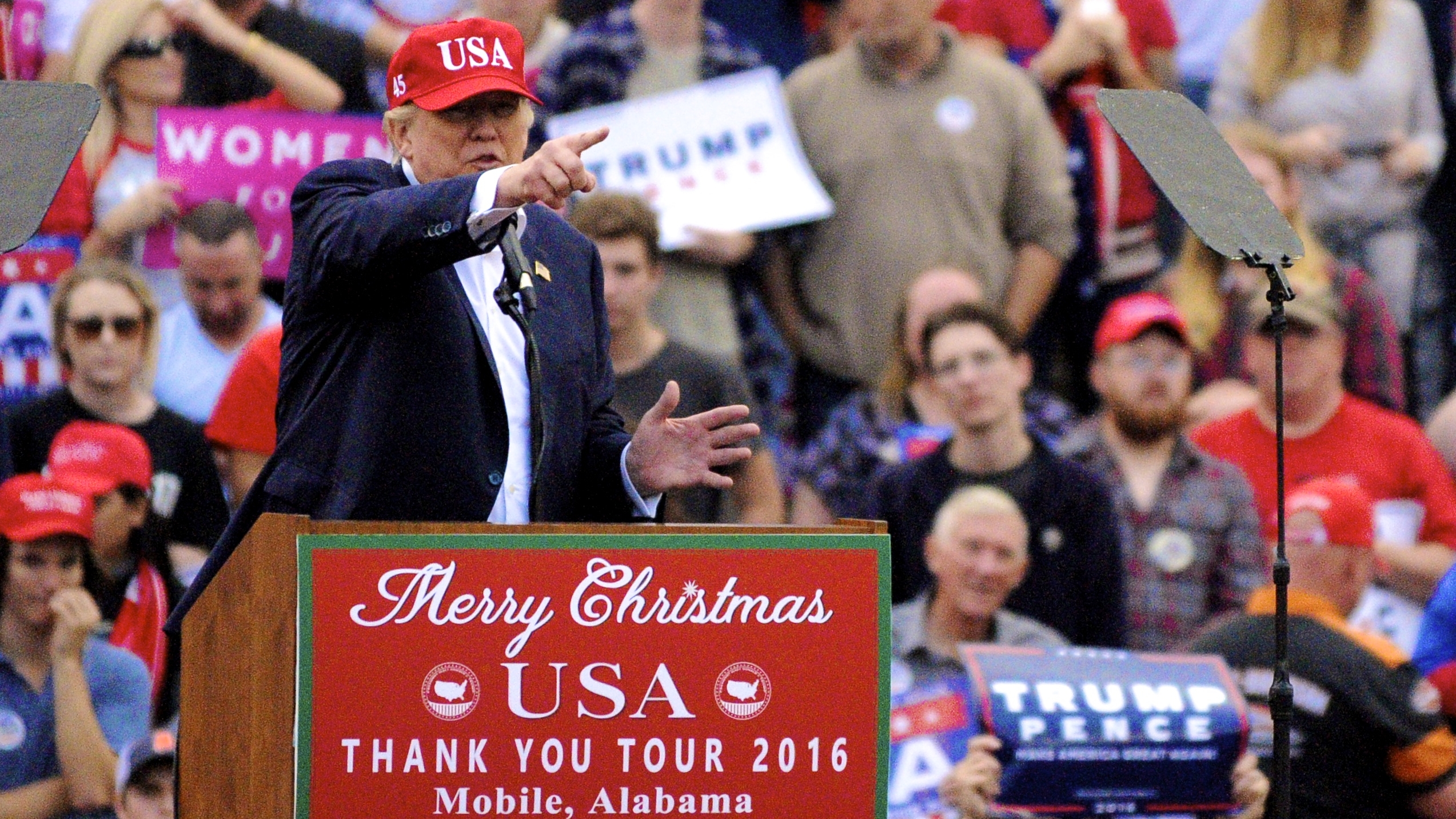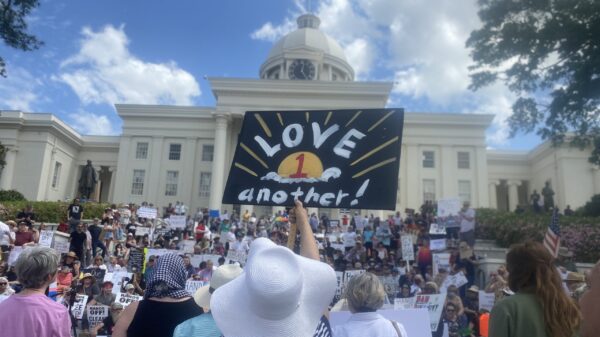Former President Donald Trump was a very-popular president with Alabama Republican voters. Trump was a proven conservative president. He walked the walk. He did not just talk the talk. He has a legacy as president, especially in changing the philosophical tilt of the U.S. Supreme Court. He remains popular with GOP primary voters in the Heart of Dixie.
Trump continues to stay in the spotlight. He almost feels compelled to endorse candidates for Senate and governor in very conservative, southern and Midwest Republican states like Alabama where he still remains popular.
Trump has indeed endorsed Congressman Mo Brooks in his quest to fill the seat of retiring U.S. Senator Richard Shelby. Brooks is basing his entire campaign on Trump’s endorsement.
Gubernatorial candidate, Lindy Blanchard, who has been a stalwart Trump supporter is hoping for Trump’s blessing in her quest to unseat Governor Kay Ivey. Trump’s endorsement in this race would indeed be important in Ms. Blanchard’s mission.
In the Senate race, polling by two reputable and independent polling firms indicates that Mo Brooks and Katie Britt are in a dead heat contest each with about 25 percent with Mike Durant at 18 percent. Their numbers are not rock solid. Britt has more favorable numbers than Brooks on likeability. The poll indicates that if President Trump continues to be for Brooks, it will help him immensely. If Trump becomes disenchanted with Brooks, he can kiss this race goodbye. Brooks’ campaign would simply vanish and sail away.
Therefore, the prevailing question is what is the significance of Trump’s endorsement in the Senate race and also if Trump endorses the governor’s race?
My observation of Alabama politics over the last 60 years is that Alabamians more than any other state have a pronounced proclivity of not voting for a candidate that someone endorses, they will actually vote against them for that reason. Alabamians are independent and like to make their own choices for individual candidates. It has happened over and over again in my lifetime as though they are saying to a governor, in this case a former president, we elected you to your office and you ought to be thankful for that and not be presumptuous or try to stick your nose where it doesn’t belong. Stick to your own knitting.
George Wallace in his heyday, when he was very popular, more popular than Trump in Alabama, would endorse candidates and they would universally, invariably lose even if they were favored. It was as though his endorsement was the kiss of death. He gave up and quit endorsing.
Trump has already had a dose of this Alabama anti-endorsing elixir. He made two endorsements in the 2017 special Senate elections. Trump endorsed Luther Strange, and he lost. Trump then endorsed Roy Moore, and he lost.
Other southern states have illustrated this anti-endorsing history. During the Franklin Delano Roosevelt presidency, which lasted four terms throughout the Great Depression and New Deal, FDR was beloved and revered throughout the South. He was especially loved in Georgia, where he would spend a good amount of time at his home in Warm Springs.
FDR had become like a king. He was immensely popular. However, he was having problems with the conservative establishment-oriented aging U.S. Supreme Court. Roosevelt responded with a bold, audacious move to pack the court with six new members whom he could select and move the Supreme Court from 9 to 15 justices. FDR wanted to control the Supreme Court. A good many U.S. Senators, who had been loyal to Roosevelt’s New Deal agenda could not go along with this brazen power play. Georgia’s venerable Walter George was one of those who opposed the FDR Court packing plan.
Senator George was running for reelection and there was a tremendous ceremonial event of a water dam that Senator George had secured for Georgia. The ceremony was less than a month before the election. FDR came to the event and lambasted Walter George and openly asked Georgians to vote against him for reelection. When it came time for Senator Walter George to speak, he calmly and gentlemanly went to the podium and said in a dignified voice, “Mr. President, we Georgians appreciate you, we love you and admire you, but Mr. President, Georgians will elect their U.S. Senator.” Walter George was reelected overwhelmingly a few weeks later.
See you next week.






















































